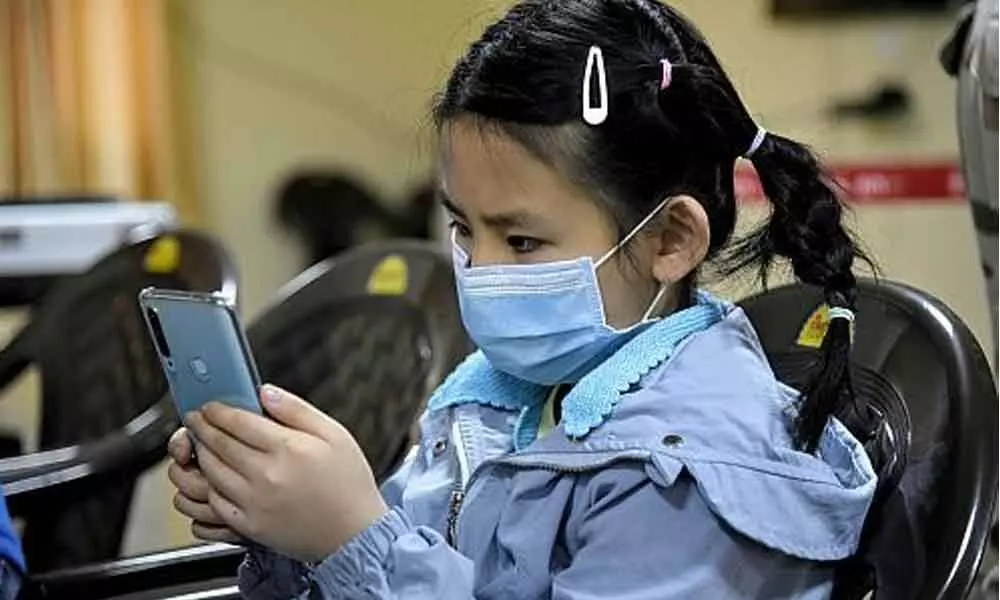Masks, no home quarantine: Lessons from Wuhan
 Masks, no home quarantine: Lessons from Wuhan
Masks, no home quarantine: Lessons from WuhanThe head of a hospital involved in handling the coronavirus crisis in China's epicentre Wuhan on Monday said wearing masks and mandatory isolation of people with mild symptoms in special centres instead of their homes are essential to contain the spread of the vicious virus.
Beijing : The head of a hospital involved in handling the coronavirus crisis in China's epicentre Wuhan on Monday said wearing masks and mandatory isolation of people with mild symptoms in special centres instead of their homes are essential to contain the spread of the vicious virus.
Wang Xinghuan, the head of the Wuhan Leishenshan Hospital, advocated the use of face masks specially in cities like New York which are experience a higher rate of cases and casualties of coronavirus.
Citing the experience of Zhongnan Hospital of Wuhan University, for which he is the president, Wang told the local media that some medics in non-Covid-19 treating departments contracted the coronavirus at the early stage of the outbreak because none of them wore masks.
"None of those who wore masks while coming in contact with the patients were infected, so we're certain about the efficacy of masks," Wang was quoted by the sate-run Xinhua news agency as saying.
Over 30,00 Chinese medical personnel were reported to have contracted the deadly virus in Wuhan. "In those early days, there were many cases in which one patient infected a whole family of three, five or six people in Wuhan. This is a heartrending lesson," he said.
After realising this problem, Wuhan later converted the public facilities, including gyms and exhibition centres, into 16 temporary hospitals that helped quarantine patients with mild symptoms, which Wang described as a success story.
Wang also said patients with mild symptoms should move out of their homes and go to quarantine centres as they could pass the infection to more family members.
"If the transmission is not cut, then it's natural that infections will rise," Wang said. "To contain an epidemic, at least one of the three factors should be completely controlled: the source of infection, the route of transmission and the susceptible population."
Wuhan built two hospitals from scratch -- Huoshenshan and Leishenshan -- within two weeks between late January and early February to treat COVID-19 patients after local hospitals were overwhelmed.
Coronavirus epicentre in China, the Hubei province till now has reported 67,803 confirmed cases, including 50,008 in its capital Wuhan.
The province's death toll till April 11 stood at 3,219 fatalities including 2,577 in Wuhan, according to China's National Health Commission.
















